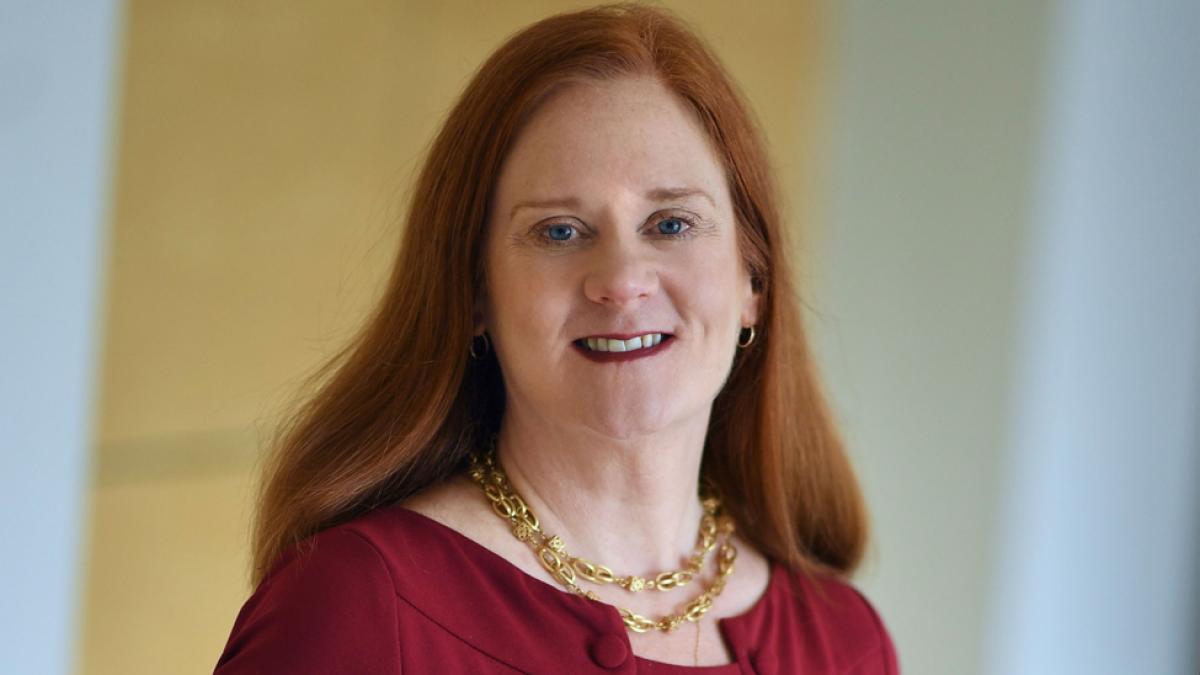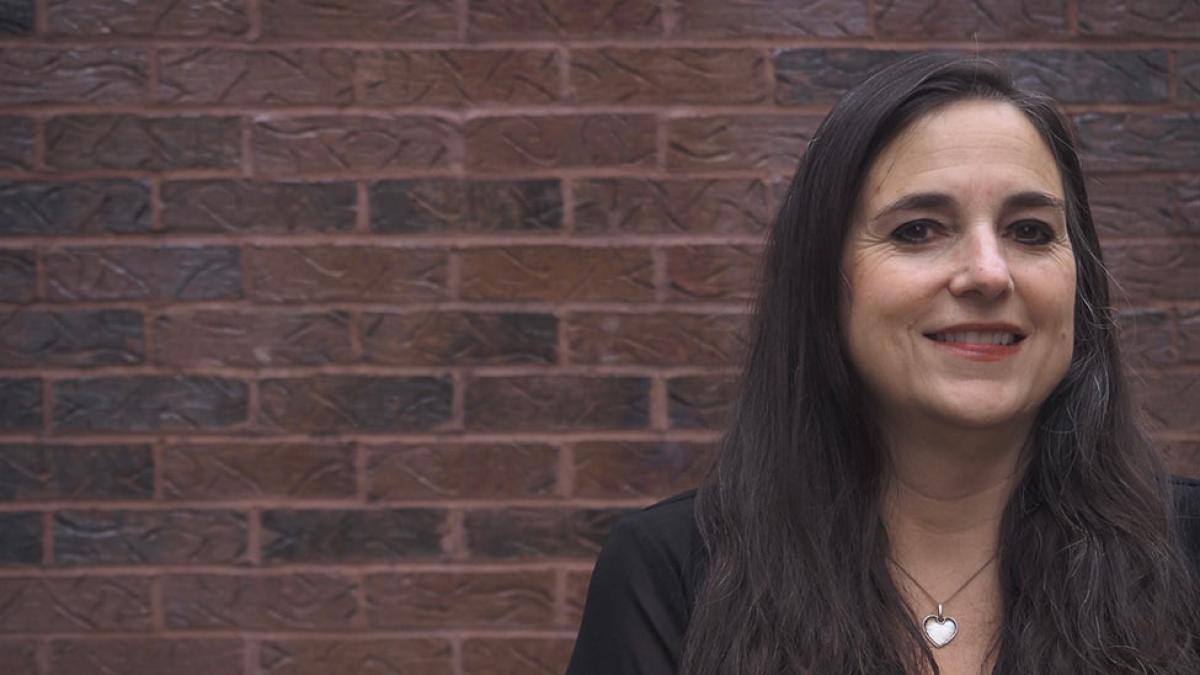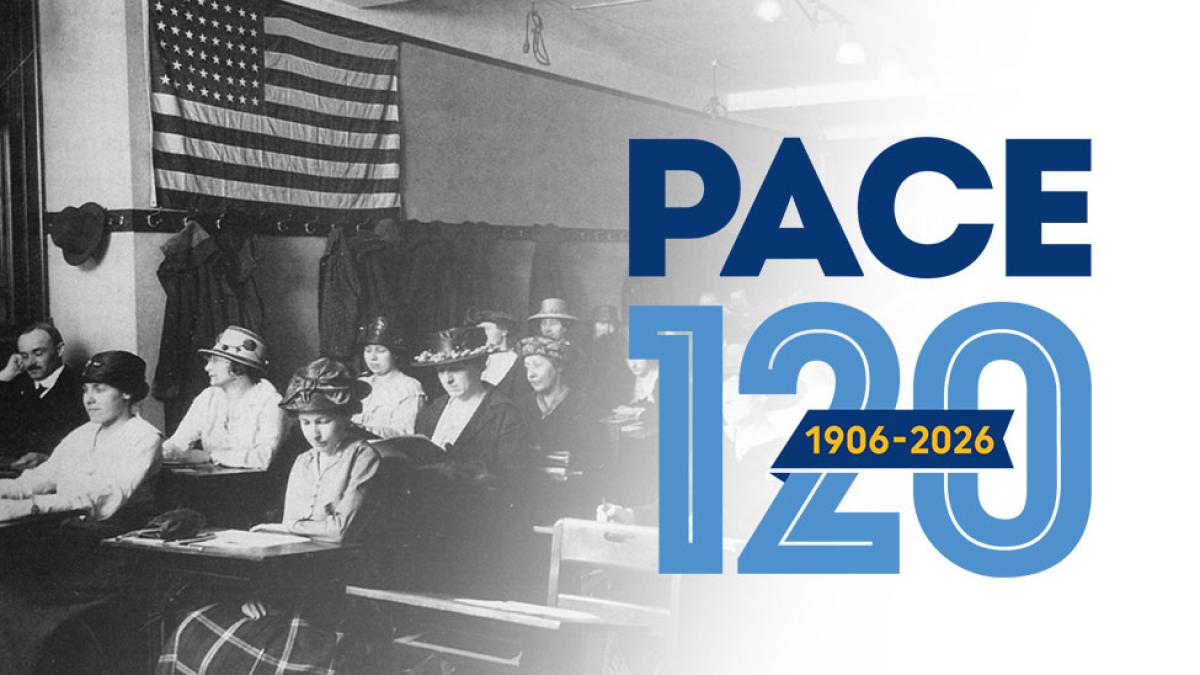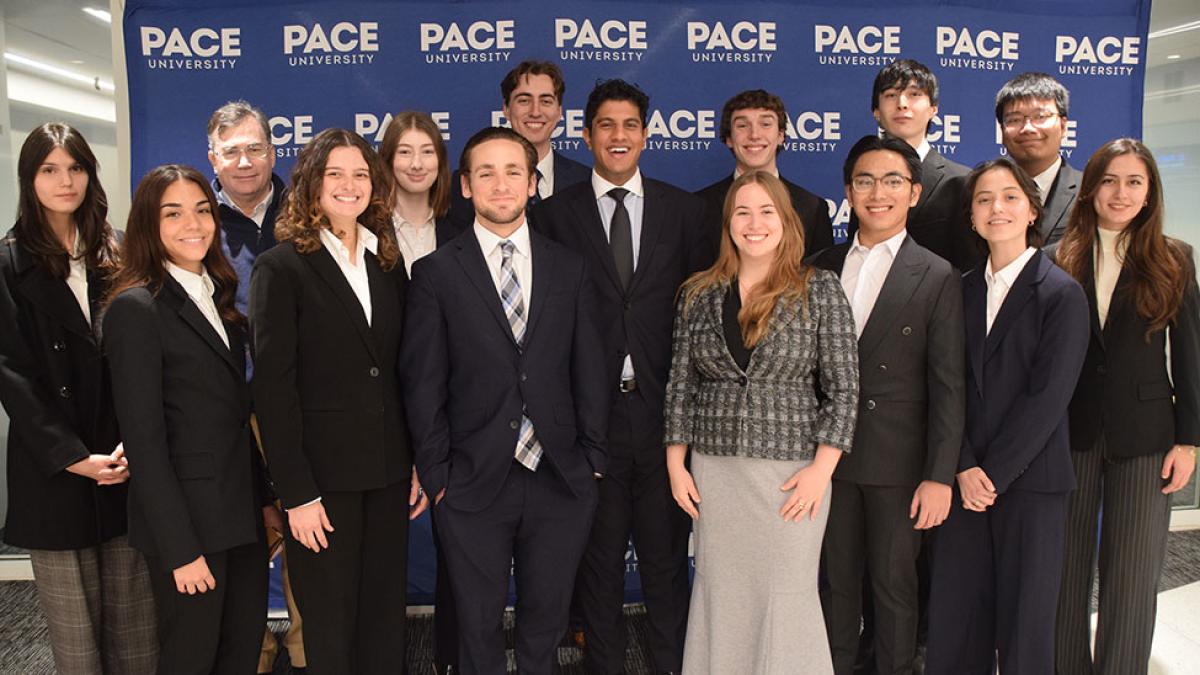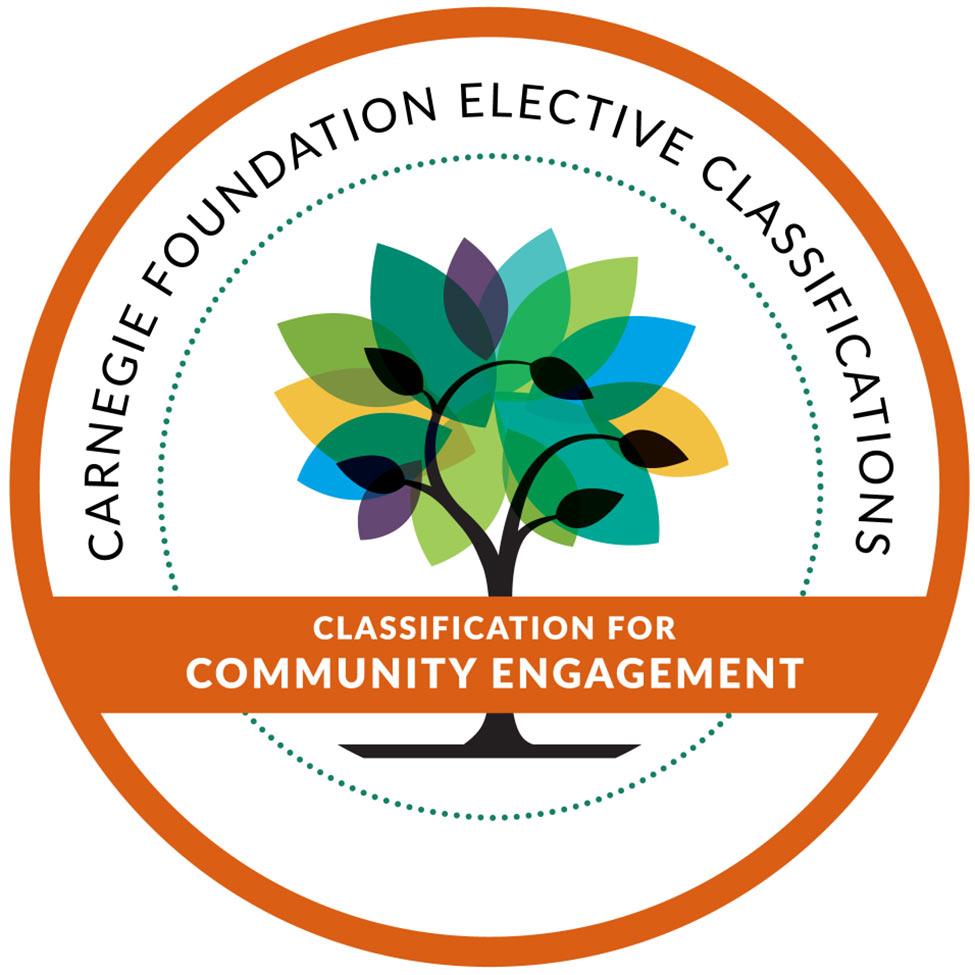
Alison Carr-Chellman
The EDU Ledger, formerly known as Diverse: Issues of Higher Education reports that Provost Alison Carr-Chellman has officially begun her tenure at Pace.

Press Release: Pace University Earns Carnegie Foundation National Recognition
Pace University has once again been recognized as a national leader in civic and community engagement, earning the Carnegie Foundation’s 2026 Community Engagement Classification.
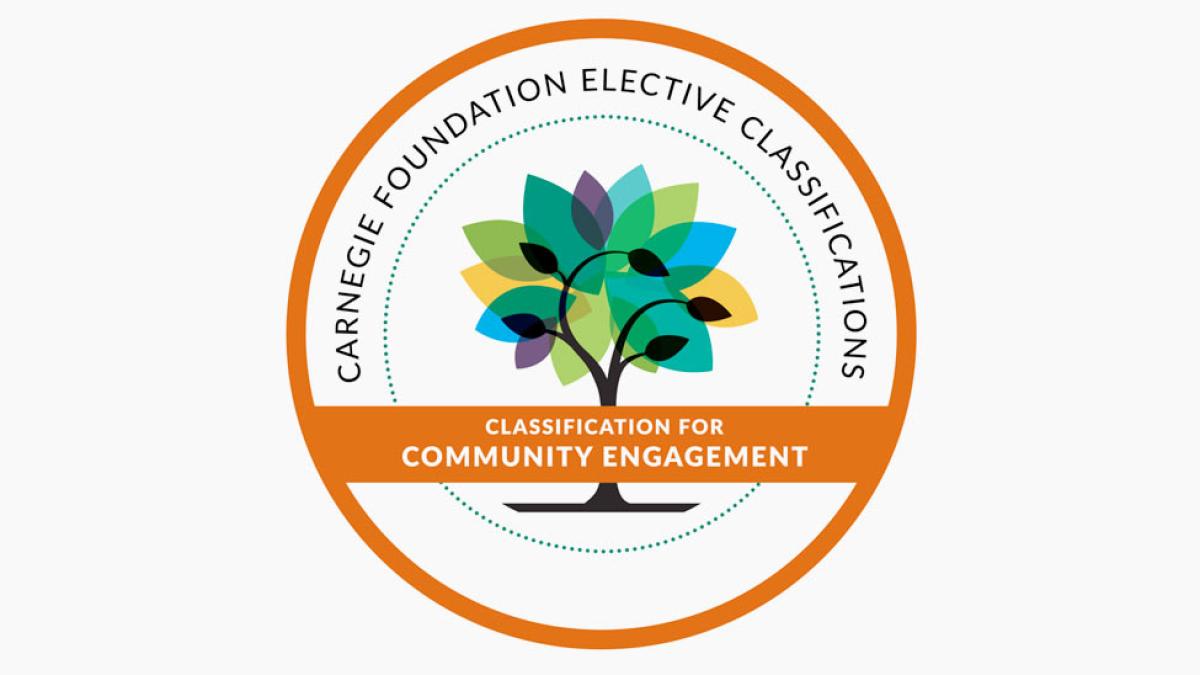
Recognition affirms Pace’s sustained, institution-wide commitment to community-engaged teaching, research and service

Pace University has once again been recognized as a national leader in civic and community engagement, earning the Carnegie Foundation’s 2026 Community Engagement Classification.
Administered by the Carnegie Foundation for the Advancement of Teaching in partnership with the American Council on Education, the classification is awarded following a rigorous, evidence-based review of institutional practices, partnerships, and outcomes.
At Pace, community engagement is embedded in academic and co-curricular design through the Civic Engagement and Public Values (CEPV) course requirement and university support for faculty and partners via programs and initiatives including our Center for Community Action and Research (CCAR).
“This recognition affirms Pace’s identity as a university where academic learning is rooted in community partnership,” said Pace President Marvin Krislov. “In both New York City and Westchester County, our students and faculty collaborate with local organizations to address real challenges, strengthen civic life, and expand access to education, healthcare, and environmental resources. It reflects the work we do every day and the values we hold as an institution.”
Students contribute tens of thousands of service hours annually through civic engagement courses and CCAR initiatives. For example, in 2023, Pace students logged more than 57,000 hours of service through Civic Engagement and Public Values courses and CCAR.
Pace’s community engagement is reflected in a wide range of academic and community partnerships, including:
- Islands, Archipelagos, and Cultural Ecologies, a three-year interdisciplinary initiative supported by a $476,000 grant from the Mellon Foundation, which connects environmental justice, the humanities, and place-based learning by examining island ecologies in New York City and beyond.
- The City and the Sea: A New York City Fellowship in Civics and Public Service, supported by a $300,000 grant from The Teagle Foundation, which connects students with public offices and community organizations through coursework and internships focused on civic life and public service.
- A partnership with Feeding Westchester, which piloted the county’s first college-partnered mobile food pantry, providing fresh food to campus communities while supporting food access and nutrition education. During the 2023–2024 academic year, the initiative served more than 2,200 households.
- A 16-year collaboration with the Billion Oyster Project, which engages Pace faculty and students in restoration science and environmental education, supporting efforts to restore New York Harbor while expanding STEM learning opportunities for more than 10,000 students and hundreds of teachers.
In the 2026 cycle, 237 institutions nationwide earned the CE Classification marking the third time the University has been recognized since the classification was first introduced in 2006.
In addition, Pace University was recognized in the 2025 Carnegie Classifications of Institutions of Higher Education as one of only 33 institutions nationwide to earn the dual designations of Research College & University (RCU) and Opportunity College & University (OCU), reflecting the University’s commitment to research, access, and student success.
“Civic engagement at Pace is deeply integrated into our academic mission,” said Rebecca Tekula, PhD, interim associate provost for external engagement and faculty opportunity at Pace University. “Through coursework, community partnerships, and experiential learning opportunities, our students develop the knowledge, skills, and responsibility needed to contribute meaningfully to their communities and to civic life.”
“Pace University is a trusted partner in Westchester County’s work to strengthen communities and expand opportunity,” said Westchester County Executive Ken Jenkins. “Through sustained collaboration with our county agencies and local nonprofits--grounded in civic engagement, applied research, and student learning--Pace helps deliver practical solutions to real challenges, and we deeply value the university’s long-term commitment to serving the public good.”
The Carnegie Community Engagement Classification recognizes institutions that integrate civic learning into their curriculum, sustain reciprocal partnerships with communities, and align engagement efforts with institutional mission and strategy.
About Pace University
Since 1906, Pace University has been transforming the lives of its diverse students—academically, professionally, and socioeconomically. With campuses in New York City and Westchester County, Pace offers bachelor, master, and doctoral degree programs to 13,600 students in its College of Health Professions, Dyson College of Arts and Sciences, Elisabeth Haub School of Law, Lubin School of Business, Sands College of Performing Arts, School of Education, and Seidenberg School of Computer Science and Information Systems.
About the Carnegie Classifications
The Carnegie Classifications are the nation’s leading framework for categorizing and describing colleges and universities in the United States. Utilized frequently by policymakers, funders, and researchers, the Classifications are a critical benchmarking tool for postsecondary institutions. ACE and the Carnegie Foundation announced a partnership in February 2022 to reimagine the Classifications to better reflect the diversity of postsecondary institutions and more completely characterize the impact that today’s institutions have in society.
About the American Council on Education
The American Council on Education (ACE) is a membership organization that mobilizes the higher education community to shape effective public policy and foster innovative, high-quality practice. As the major coordinating body for the nation’s colleges and universities, our strength lies in our diverse membership of more than 1,600 colleges and universities, related associations, and other organizations in America and abroad. ACE is the only major higher education association to represent all types of U.S. accredited, degree-granting colleges and universities.
Tyler Maulsby Explores Legal Ethics and Artificial Intelligence During 2026 Philip B. Blank Memorial Lecture
The Elisabeth Haub School of Law at Pace University welcomed Tyler Maulsby, Deputy Managing Partner of Frankfurt Kurnit Klein and Selz PC, to deliver the 2026 Philip B. Blank Memorial Lecture on Attorney Ethics speaking on, “Legal Ethics in the Age of Artificial Intelligence.” Held virtually on Monday, January 26, Tyler examined how the expanding use of generative AI is reshaping the legal profession and raising critical ethical questions for lawyers, clients, courts, and the public.
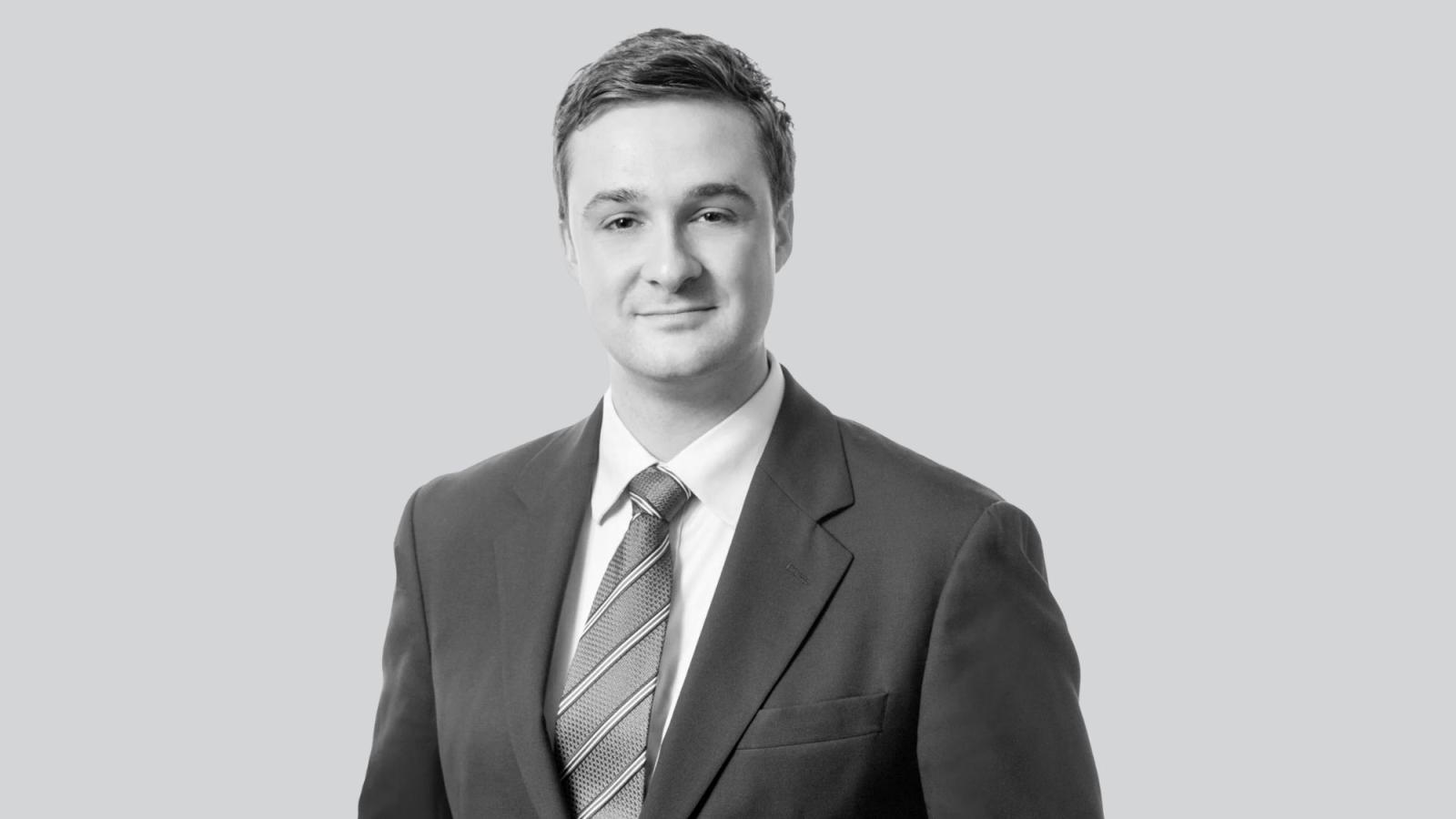
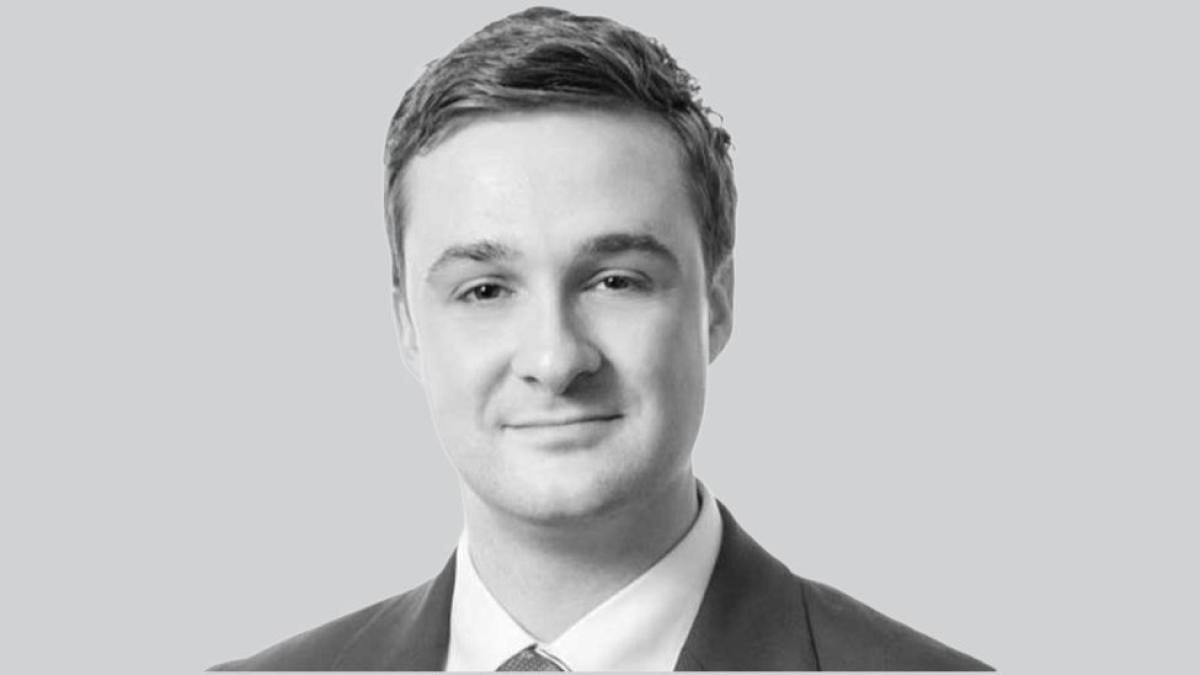
The Elisabeth Haub School of Law at Pace University welcomed Tyler Maulsby, Deputy Managing Partner of Frankfurt Kurnit Klein and Selz PC, to deliver the 2026 Philip B. Blank Memorial Lecture on Attorney Ethics speaking on, “Legal Ethics in the Age of Artificial Intelligence.” Held virtually on Monday, January 26, Tyler examined how the expanding use of generative AI is reshaping the legal profession and raising critical ethical questions for lawyers, clients, courts, and the public.
Elisabeth Haub School of Law Dean Horace E. Anderson Jr. gave welcoming remarks, noting the timeliness of the topic as AI tools are increasingly being used to draft, research, summarize, and even advise. He observed that this raises “significant questions for our profession—such as, ‘How do we protect clients and the integrity of the legal system from the risks of misuse?’ and ‘How do we think responsibly about regulation as legal technology evolves?’”
During his insightful lecture, Mr. Maulsby explored how existing ethics rules apply to emerging technologies, focusing on core professional duties such as competence, confidentiality, candor, and communication with clients. He noted that while ethics rules establish minimum standards, they also leave room for lawyers to exercise professional judgment when navigating new technologies. Mr. Maulsby discussed the importance of transparency when lawyers use AI tools, particularly when such use could be material to a client’s matter. He encouraged lawyers to proactively communicate with clients about how and when AI is used, noting that trust depends largely on expectations, disclosure, and responsible oversight.
A central theme of Mr. Maulsby’s lecture was the growing tension between unauthorized practice of law rules and the public’s increasing use of generative AI tools for legal help. While ethics rules traditionally focus on lawyers’ responsibilities, individuals and small businesses are already turning to platforms like ChatGPT and similar systems to address everyday legal needs—often outside the boundaries of the attorney-client model.
Mr. Maulsby noted that this development comes at a time of deep unmet legal need. In New York, a 2024 report from NY State Court’s Permanent Commission on Access to Justice found that 75% of low-income households experience at least one civil legal problem each year, yet many are unable to find assistance. Generative AI, if responsibly regulated and deployed, could help expand access to justice, but current unauthorized practice laws also create uncertainty for innovators seeking to develop tools in this space. “In my view, states would be well suited to explore changes to their UPL laws that would allow for innovation and responsible growth instead of opting for an outright prohibition and sort of legislating reactively, “ Mr Maulsby said.
The Philip B. Blank Memorial Lecture on Attorney Ethics was established in 1990 by the family, friends, and colleagues of the late Philip B. Blank, Associate Dean for External Affairs and Professor of Law at Pace University School of Law. In honor of Dean Blank’s commitment to legal ethics, the Blank Lecture has presented distinguished members of the legal community recognized for their leadership in attorney ethics and professional responsibility for more than 35 years. Recent past lecturers include experts and academics in the area of Attorney Ethics and Practice, such as Andrea Kupfer Schneider, Professor of Law, Yeshiva University, Irene Oritseweyinmi Joe, Professor of Law, UC Davis School of Law, Mimi Rocah, Former Westchester County District Attorney, and others.
Nominations Open for Class of 2026 Awards
Pace University is accepting nominations for the Trustee Award and Community Service Award, honoring exceptional graduating students for their academic excellence and community impact. Submit your nomination by Friday, February 27, 2026!
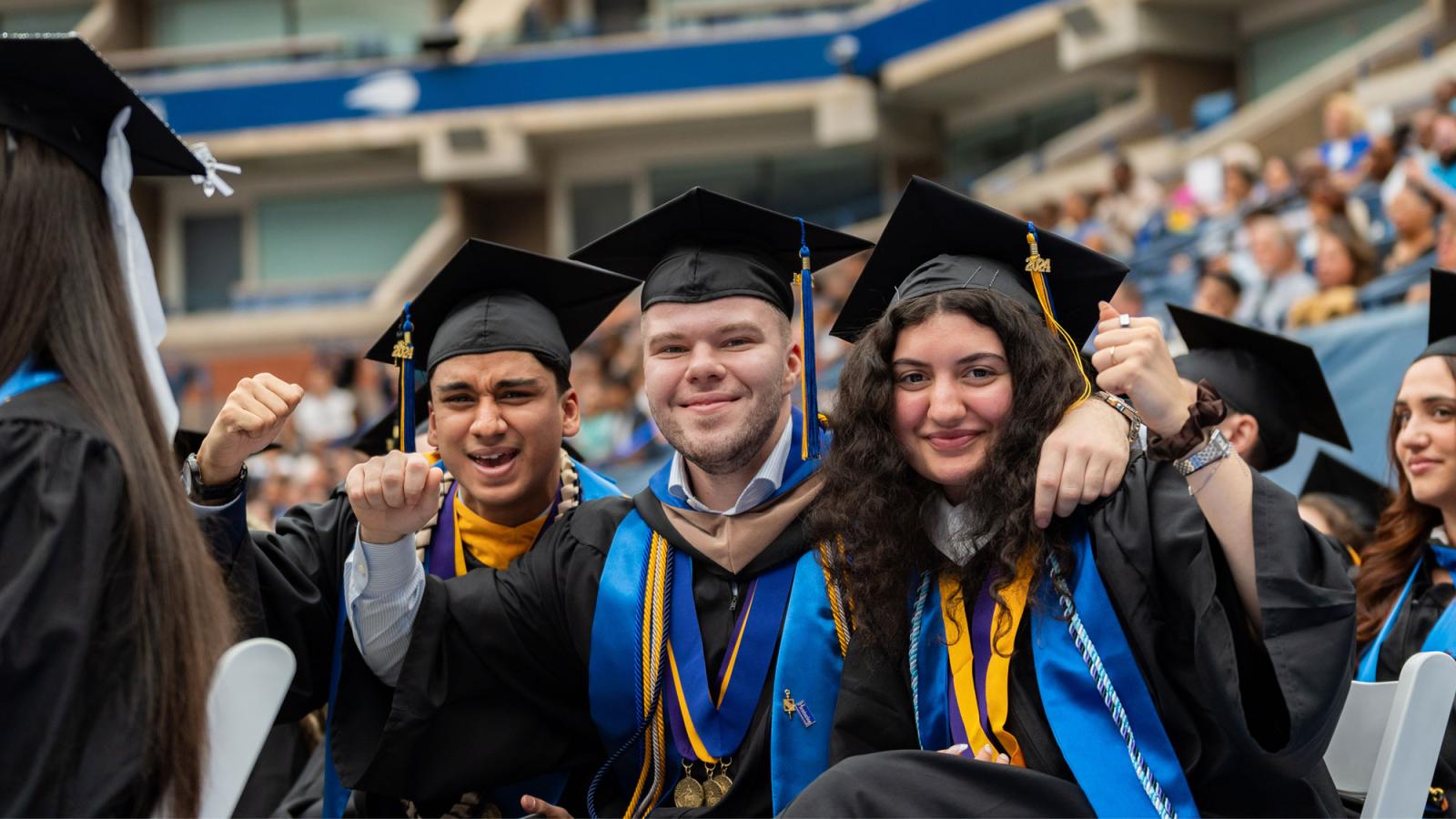
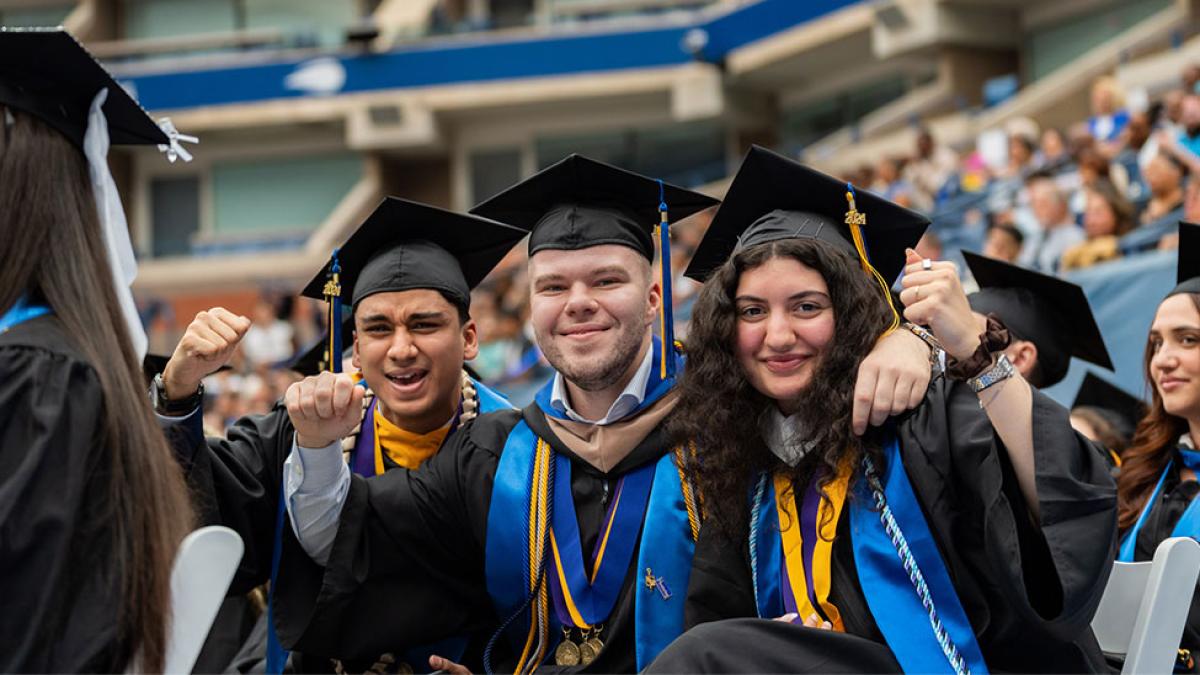
Pace University is proud to announce the call for nominations for two prestigious awards honoring exceptional graduating students from the Class of 2026. These awards will recognize a total of four winners: one student from each campus (New York City and Pleasantville) for each award. Please note to be eligible for either award, the student must be an undergraduate senior (graduated in December ‘25 or is graduating in May ’26 or August ’26). Honorees will be celebrated at Commencement on Wednesday, May 20, 2026.
Submit your nominations by Friday, February 27, 2026.
The Trustee Award
The Trustee Award is presented to the undergraduate students whose positive contributions to University life and whose academic accomplishments exemplify the highest level of achievement attainable for an undergraduate. Nominees must have:
- Completed a minimum of 60 credits at Pace.
- Earned a QPA of 2.75 or higher.
- Plans to attend Commencement in person.
Nominate a student for the Trustee Award
The Community Service Award
The Community Service Award is presented to the undergraduate students whose active contributions to the life of the University community, and to the endeavors of our neighbors in the surrounding community, most admirably embody an appreciation for the value of social responsibility. Nominees must have:
- Completed a minimum of 60 credits at Pace.
- Plans to attend Commencement in person.
Nominate a student for the Community Service Award
Help us celebrate the outstanding achievements of Pace’s Go-Getters by submitting your nomination today.
More from Pace
Named one of the Top 50 Undergraduate Business Professors in the nation, Jessica Magaldi, JD, connects law to what students care about by building courses (and relationships) rooted in meaning, relevance, and real-life learning.
It’s 2026, and Pace University is turning 120. We’re kicking off a yearlong celebration of the people, places, and moments that have shaped our community since 1906. This is just the beginning—stay tuned for stories, events, and ways to get involved all year long.
Pace’s Federal Reserve Challenge Team has secured a record-breaking sixth national championship title. Team Captain Suraj Sharma ’26 opens up about the grind, the growth, and the meaning behind the historic win.
It’s Time to Safeguard Genomic Data
In a recent essay published by Harvard Law School’s Bill of Health, Pace Haub Law Professor Lauren Breslow and co-author Vanessa Smith call for stronger ethical and legal safeguards to protect genomic data from misuse, particularly when children and vulnerable communities contribute DNA for research purposes. The authors highlight recent reporting that pediatric DNA data shared for adolescent brain development research was later exploited to support racist “race science” claims, underscoring how systems built for public-health advancement can be co-opted for harmful and stigmatizing ends. Drawing on the Belmont Report’s core principles of respect, beneficence, and justice — as well as past research transgressions like the Havasupai Tribe case — they argue that genomic research must be governed with heightened oversight and an assumption that bad actors will seek to exploit shared data repositories. “Precisely because so much genetic data is now collected, stored, and shared, the Times account raises the specter of a broader ethical vulnerability in genomic science: data systems built for beneficial research can be exploited for purposes to which volunteers who contributed their DNA did not agree,” write Breslow and Smith.
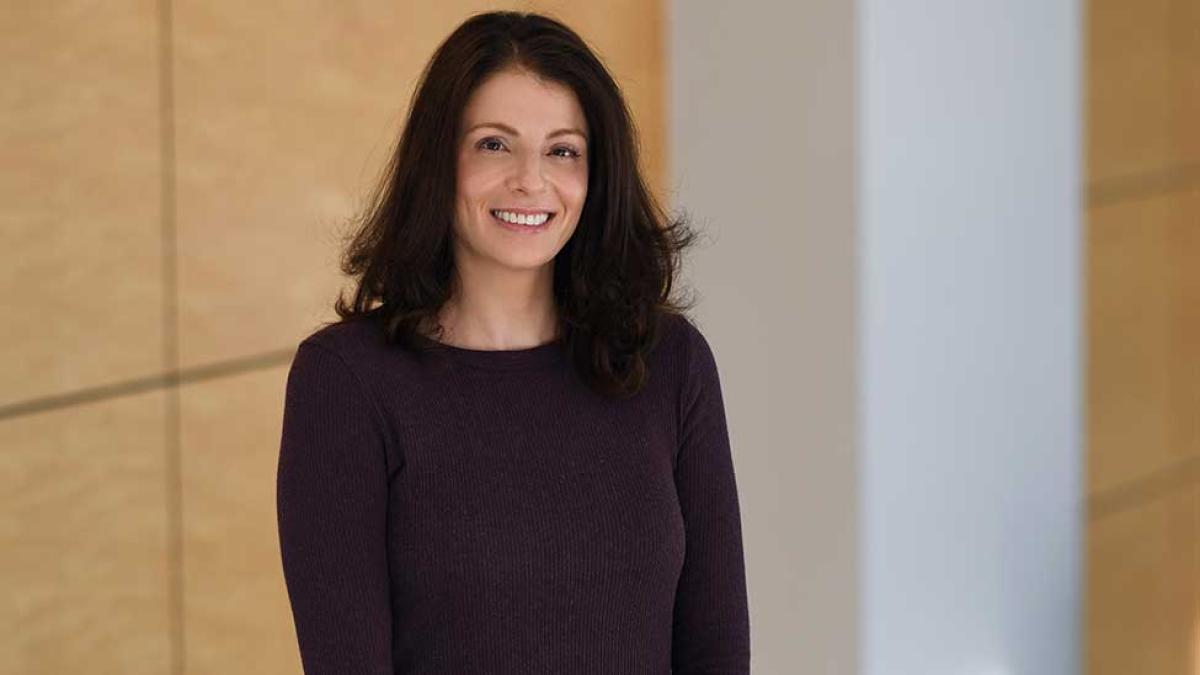
Elisabeth Haub School of Law at Pace University Faculty, Alumni, and Affiliates Rank Among the 2026 Lawdragon 500 Leading Environmental Lawyers: The Green 500
The Elisabeth Haub School of Law at Pace University is proud to announce that Achinthi Vithanage, Executive Director of the Environmental Law Program and Professor of Law for Designated Service in Environmental Law at Pace Haub Law, was named to the 2026 Lawdragon 500 Leading Environmental Lawyers: The Green 500. Professor Vithanage has been recognized on this list five times since the publication of the inaugural Lawdragon 500 Leading Environmental & Energy Lawyers list in 2021.
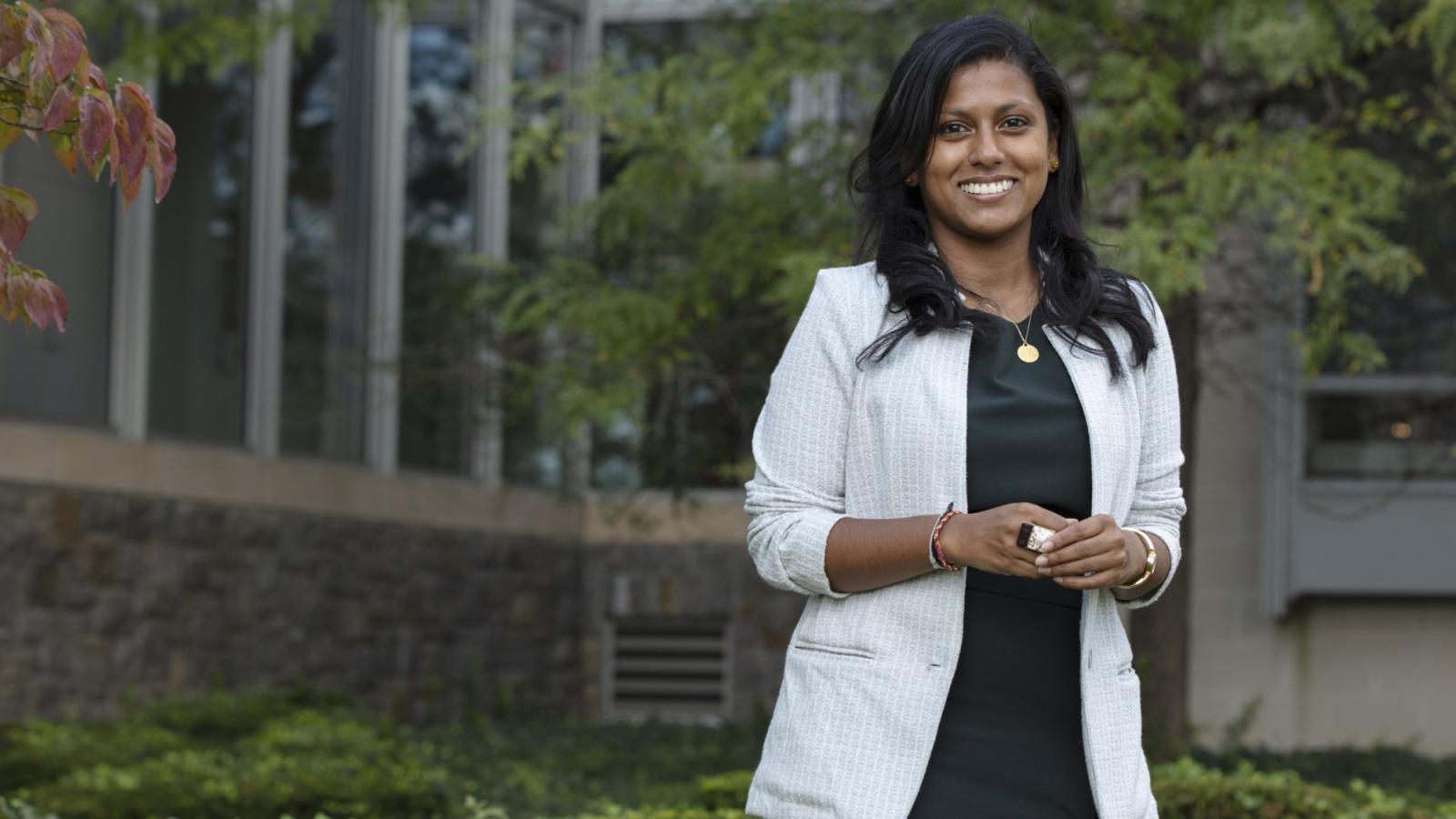
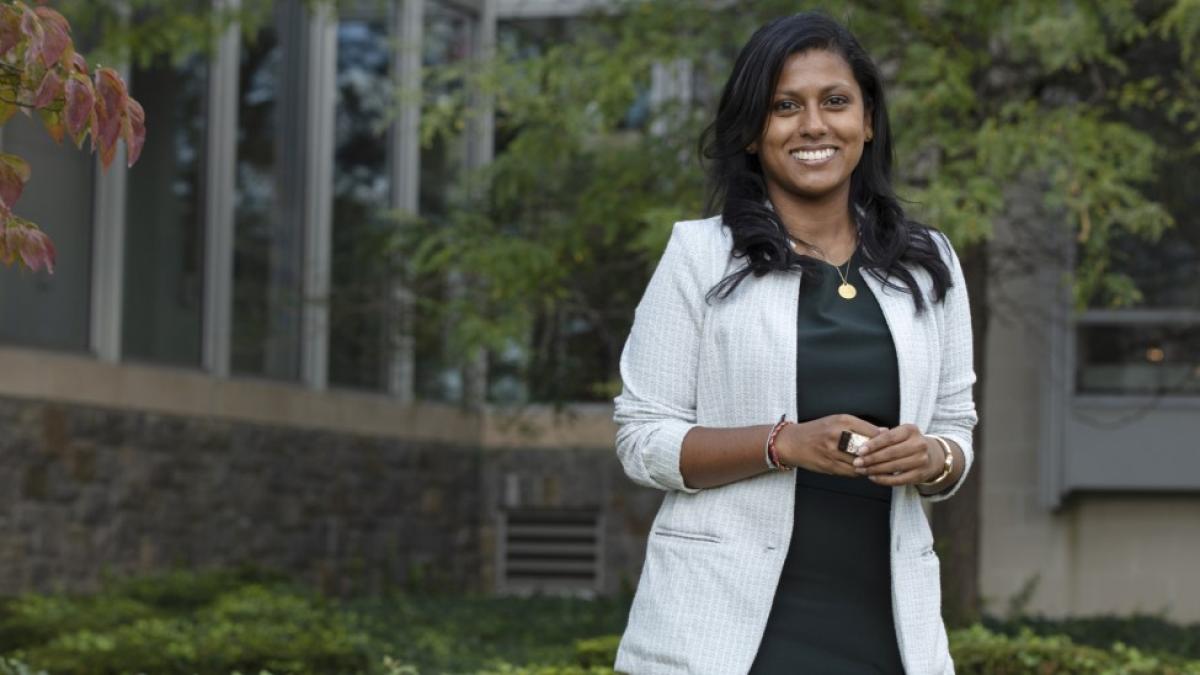
The Elisabeth Haub School of Law at Pace University is proud to announce that Achinthi Vithanage, Executive Director of the Environmental Law Program and Professor of Law for Designated Service in Environmental Law at Pace Haub Law, was named to the 2026 Lawdragon 500 Leading Environmental Lawyers: The Green 500. Professor Vithanage has been recognized on this list five times since the publication of the inaugural Lawdragon 500 Leading Environmental & Energy Lawyers list in 2021.
The prestigious list is comprised of 500 lawyers carefully selected and based on research, nominations, and a variety of environmental expertise. “It is an honor to be recognized among such an accomplished group of environmental law leaders,” said Professor Vithanage. “The challenges facing our planet continue to evolve, and addressing them requires collaboration across research, advocacy, and practice. I am proud to work alongside colleagues at Pace Haub Law and across the environmental law community who are advancing solutions that strengthen environmental governance and promote a more just and sustainable future. I am grateful to Lawdragon for recognizing this work and the collective impact of Pace Haub Law’s environmental leaders and affiliates.”
In addition to teaching International Environmental Law and Environmental Externship seminars, Professor Vithanage is also an Advisory Board Member of Pace Haub Law’s Sustainable Business Law Hub and is the 2025 recipient of the Richard Ottinger Award for Faculty Achievement. Prior to joining Pace Haub Law, Professor Vithanage was a Visiting Associate Professor of Law and the first Environmental and Energy Law Fellow with an international law background at the George Washington University Law School (GW Law). Within the American Bar Association’s Section on Environment, Energy & Resources (SEER) Professor Vithanage heads the Law Student Transition Task Force and is a member of the Sustainability in Legal Education and Climate Change Task Forces, is the founding Co-Chair of the Environmental Law Society Network, and a former Co-Chair of the International Law Committee. She also served on ABA SEER’s Governing Council from 2022 to 2025. Professor Vithanage serves on the Secretariat to the International Union for Conservation of Nature’s (IUCN) Academy of Environmental Law, is a member of the World Commission on Environmental Law, and co-leads the Climate Change Collaborative Research Network for the Law & Society Association. Most recently, she attended the COP30 and COP28 Climate Change Conferences as the ABA Delegate and serves on the Editorial Advisory Board for the Environmental Law Institute’s Environmental Forum publication and the Editorial Board for Oxford Academic’s Yearbook of International Environmental Law.
Congratulations to Professor Vithanage as well as several Pace Haub Law alumni also on the list: Anne Carpenter ’09, Partner, Hogan Lovells, Samuel Brown ‘07, Partner, Hunton Andrews Kurth, Kirstin Etela ’04, Partner, Day Pitney LLP, and James May ’91 (LLM), Richard S. Righter Distinguished Professor of Law, Washburn University School of Law, and former Haub Visiting Scholar and Visiting Professor at Pace Haub Law.
“Pace Haub Law is proud to see our faculty, alumni, and affiliates recognized among the nation’s leading environmental lawyers,” said Katrina Fischer Kuh, Faculty Director of the Environmental Law Program and Haub Distinguished Professor of Environmental Law. “This recognition reflects the strength and breadth of our environmental law community and its ongoing influence on policy, practice, and education. Our students benefit from learning alongside and being mentored by leaders who are shaping the future of environmental and climate law.”
The 2026 Lawdragon Green 500 list also included other Pace Haub Law affiliates, including: 2025 Gilbert and Sarah Kerlin Lecturer on Environmental Law, Sam Sankar, Senior Vice President of Programs at Earthjustice; 2016 Lloyd K. Garrison Lecturer on Environmental Law, Michael Gerrard, founder and faculty director of the Sabin Center for Climate Change Law and Andrew Sabin Professor of Professional Practice at Columbia Law School; and 2011 Gilbert and Sarah Kerlin Lecturer on Environmental Law, John Cruden, Principal, Beveridge & Diamond.
What Is The Difference Between The Mayor’s Corporation Counsel And Chief Counsel?
Law Professor Bennett Gershman provides expert legal analysis to amNewYork on the distinction between New York City’s corporation counsel and chief counsel. Gershman explains that while the Law Department represents the city in litigation, the chief counsel serves as the mayor’s personal legal adviser, operating under attorney-client privilege on sensitive policy and legal matters— and New York Metropolitan Magazine has the story.
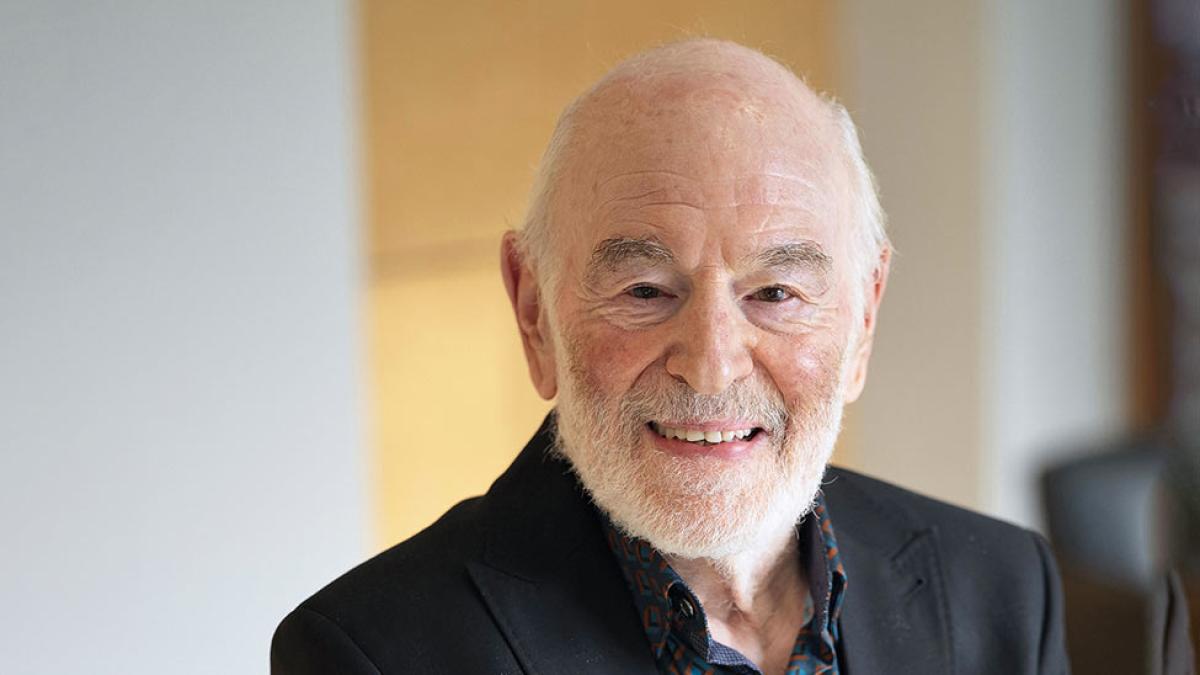
JGU Unites Global Scademia St World University Leaders Forum Launch In Davos
Pace President Marvin Krislov is featured internationally for his leadership in global higher education. Multiple outlets, including The Wire, Bar and Bench, and India Education, report that President Krislov participated in the launch of the World University Leaders Forum at the World Economic Forum in Davos, Switzerland. The forum brings together university leaders from around the world to advance collaboration on sustainability, innovation, and international engagement.
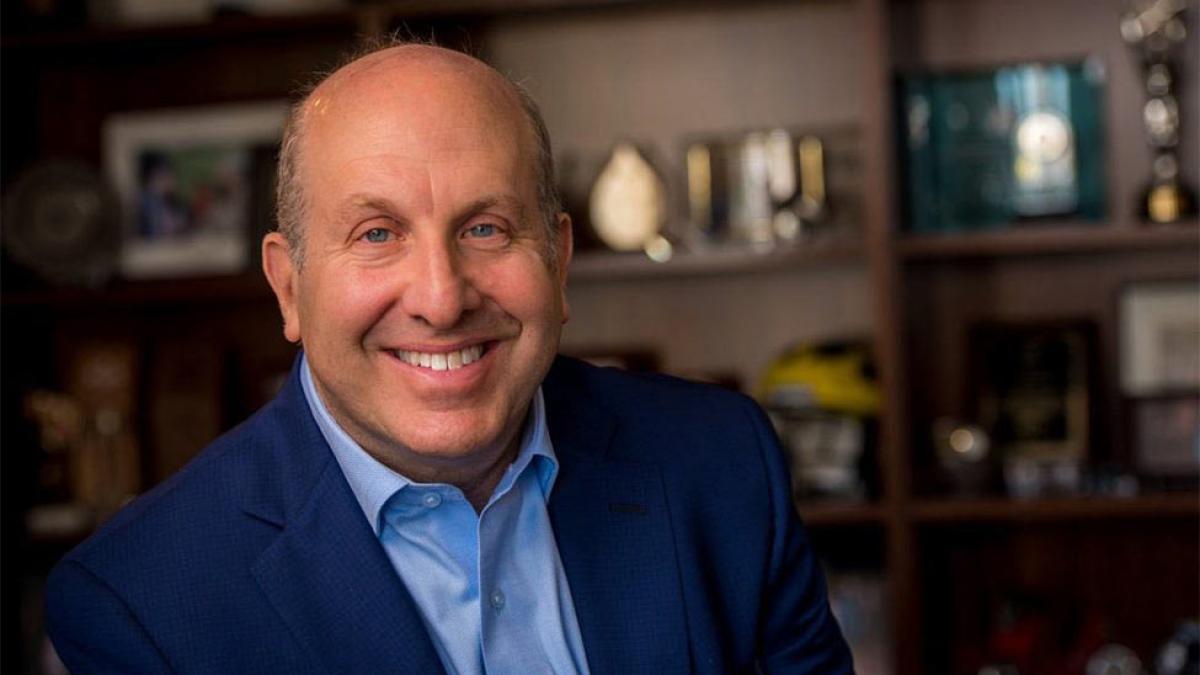
History As A Compass For National Resilience
Dyson History Professor Joseph Tse-Hei Lee writes a piece in the Taipei Times on how historical lessons—particularly from civic resistance movements like Hong Kong’s 2019 protests—can inform Taiwan’s efforts to strengthen democratic institutions, legal safeguards, and international partnerships amid growing geopolitical uncertainty.
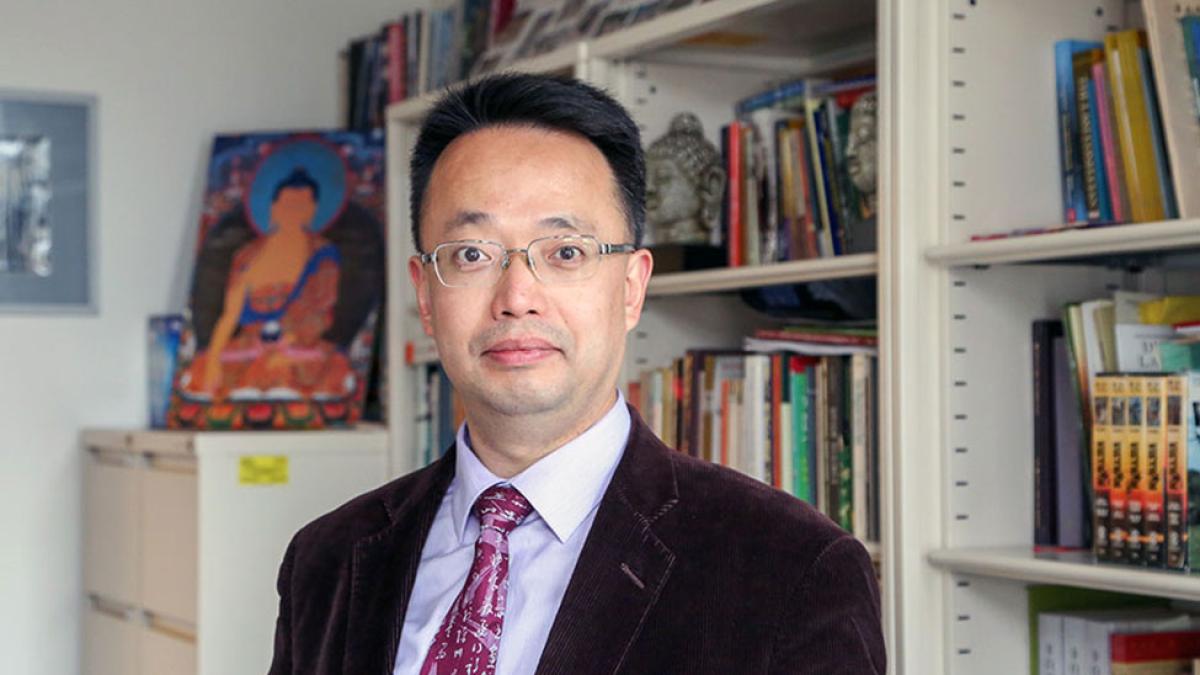
Commentary: In Trump's 'No Tax On Tips' Plan, What About OnlyFans?
In her recent op-ed published in the Albany Times Union, Pace Haub Law Professor Bridget J. Crawford examines a new federal tax rule that would allow tipped workers to claim a deduction—unless their tips come from what the Treasury Department defines as “pornographic activity.” Professor Crawford argues that this exclusion is not a question of morality, but of labor and tax fairness, warning that it disproportionately harms the modern digital workforce, especially women who earn income through subscription-based platforms. She notes that creators on sites like OnlyFans and Fansly are already taxed as independent contractors and receive 1099s like other freelancers, raising a critical question: why should one group of tipped workers be denied a benefit available to everyone else? “Tax policy should meet women where they actually work, not exclude them from deductions,” writes Professor Crawford. “The IRS’s job is to review income, not to judge women’s bodies or the way they earn a living. Women working in digital creator spaces deserve the same neutrality, fairness and access to deductions that the tax code offers other workers.”
